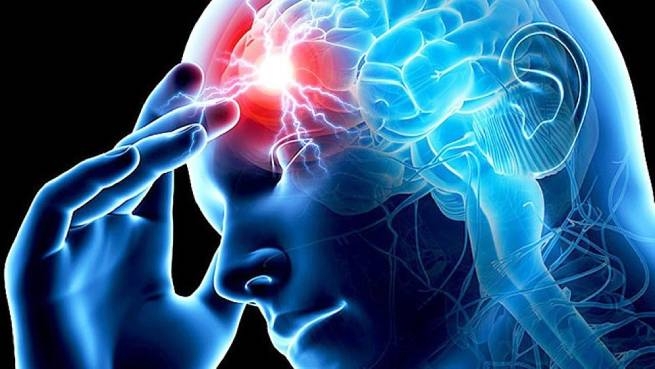American scientists have figured out how to recognize the approach of a stroke in a week – a dangerous condition develops gradually.
They talked about the “first bells” that should alert and prompt you to immediately seek help from a doctor.
Stroke and heart attack, as is commonly believed, announce their arrival suddenly. As emphasizes edition Doctorpiter, often a person does not suspect that a deadly condition is “on the way”, and the body is literally on the verge. The most important thing is to be able to determine the patient’s condition by symptoms and immediately deliver him to a medical facility.
FAST test – reliable diagnosis at home, just remember the classic warning signs:
Face – asymmetry appears, especially noticeable when smiling. Possible drooping of the eyelid, distortion of the position of the lips.
Arm – weakness in the arm or leg, sometimes the inability to raise both arms at the same time, to keep them on the weight.
Speech – the inability to speak normally is characterized as “porridge in the mouth.” Being awake, a person cannot talk, and often there are difficulties in understanding what is being said to him.
touch – violation of sensitivity, numbness of any part of the body.
American scientists argue that in some cases an attack does not occur suddenly – before it starts, a person experiences some changes in his state of health. In the course of their study, they came to certain conclusions and call for paying close attention to the following: changesthat occur already a few days before a stroke:
- Sudden ataxia – a disorder of coordination of movements, impaired motor skills. Movements become inaccurate and awkward, their sequence is disturbed, and balance is lost in a standing position and when walking.
- Constant dizziness, although this was not the case before.
- Fog before the eyes, it is difficult to focus on the subject, it seems that everything around is floating or the world around has become as if darker.
Vitaly Akimov, neurologist, explains:
If blockage or vasoconstriction develops slowly over many years (as in the case of atherosclerosis of the vascular wall), a new circulation may develop in time to bypass the diseased vessel and supply the brain with sufficient blood. It may prevent stroke. After a stroke, new surrounding circuits may also develop to prevent another stroke. Of course, this cannot compensate for the damage already done. The expert names diseases that can contribute to the development of ischemic stroke and are considered “risk factors”:
- high blood pressure that is not treated or controlled;
- diabetes;
- excess weight;
- bad habits: alcohol abuse and smoking;
- passive lifestyle;
- the prevalence of unhealthy foods in the diet.
But there are, unfortunately, risk factors that cannot be controlled: genetic predisposition to stroke, age, gender.







More Stories
IOBE: Poverty threatens Greece
At what age does it start "third age"
After 2027, the retirement age will increase by another 1.5 years